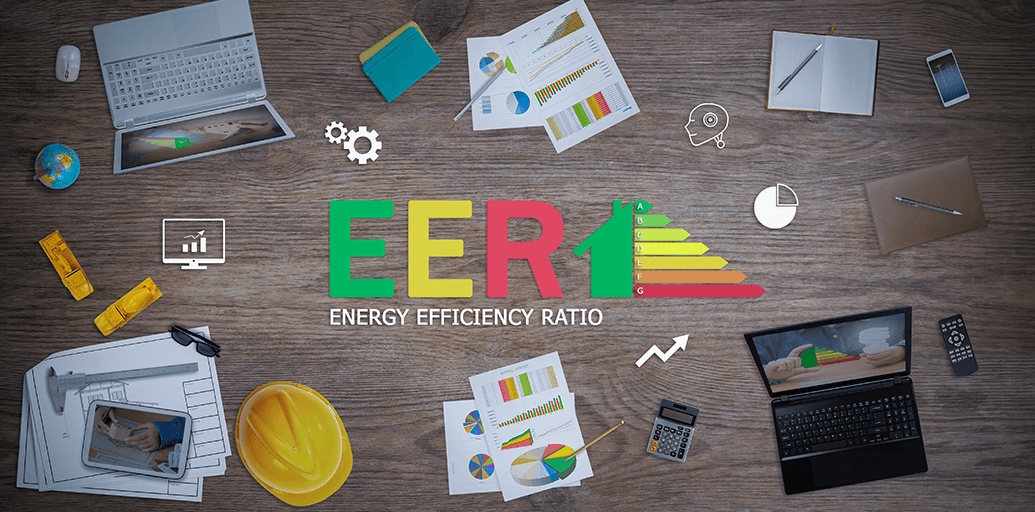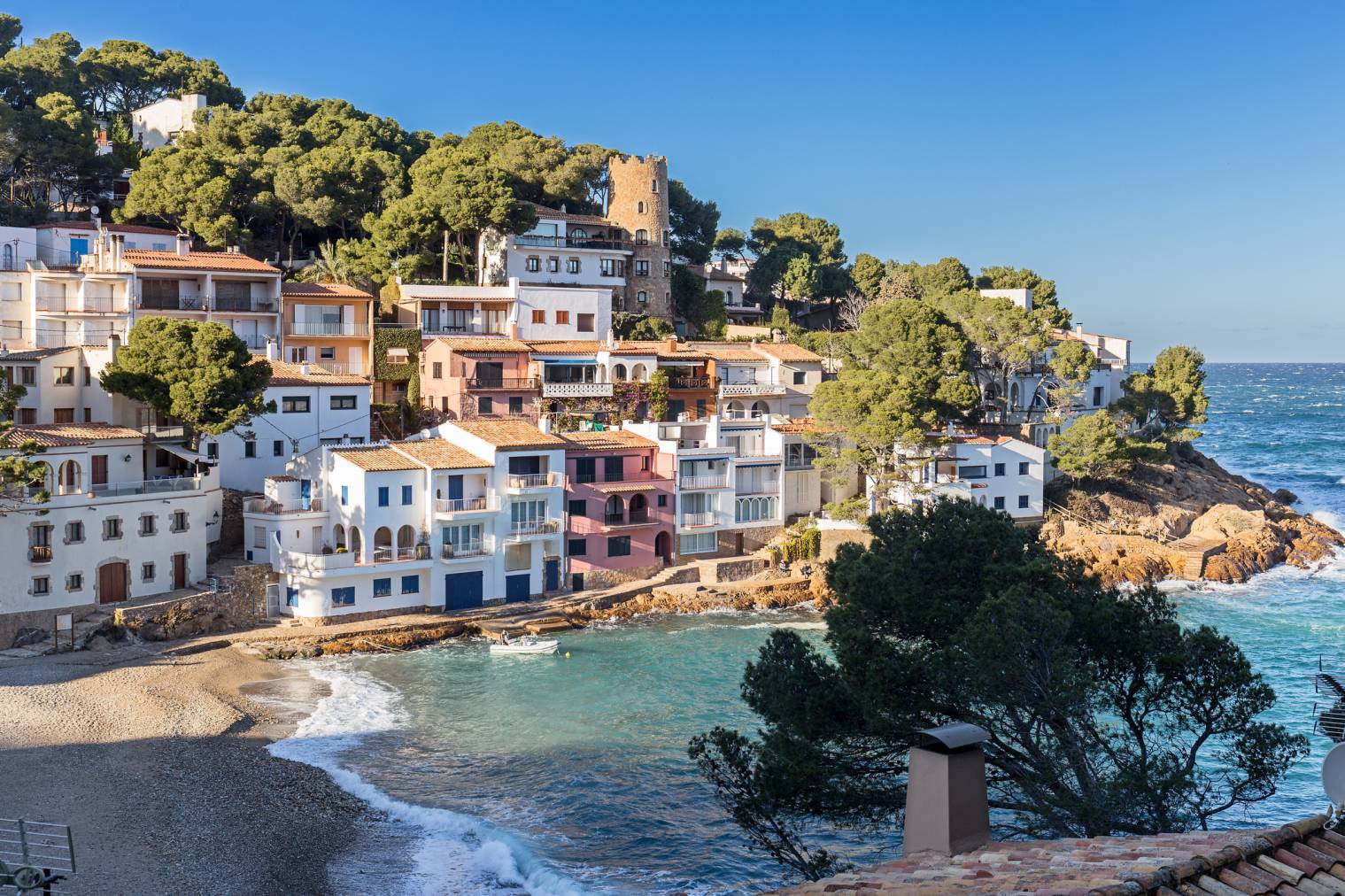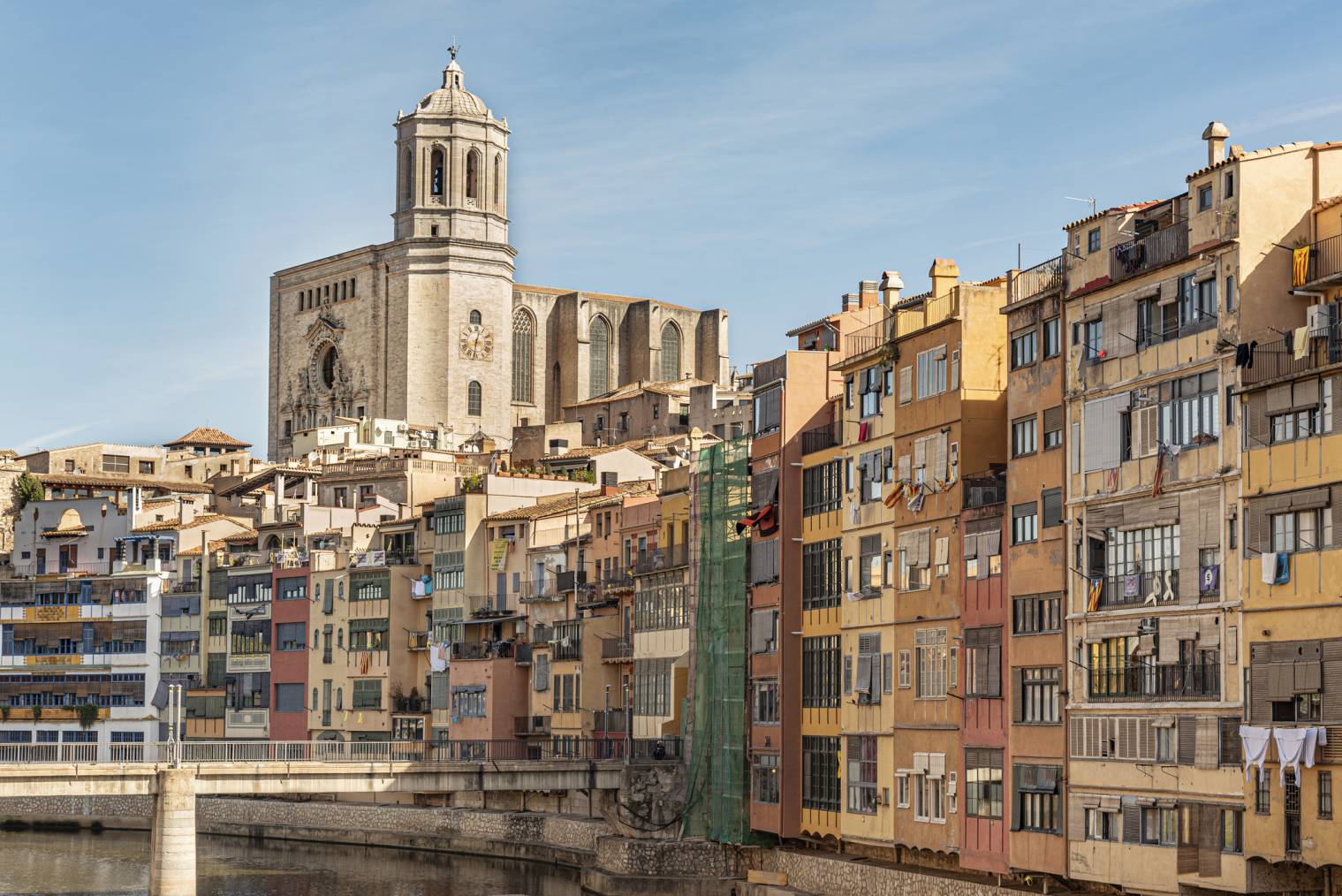European standards on energy performance and energy saving in Spain on new constructions

With its energy efficiency norms RT2012, France is not the only European Union country to have fulfilled its obligations under the European Directive on the Energy Performance of Buildings (EPBD). The other EU members have also done so by developing their energy efficiency regulations. In the case of Spain, the Código Técnico de Edificación (CTE) or Technical Building Code is the main pillar of the regulation which takes into account the EPBD in its DB-HE "Ahorro de energia" (energy saving). Like the French RT2012 with its energy performance thresholds, the CTE has established requirements for new buildings throughout Spain, including the Costa Brava. In what follows, we will take stock of its particularities and its different advantages over new constructions on the Costa Brava.

What is the equivalent of the Spanish RT 2012?
Approved by the Council of Ministers on 17 March 2006 and updated in 2013, the Código Técnico de Edificación (CTE) is a regulatory framework required for all constructions on Spanish territory, establishing the requirements that buildings must comply with. In the Basic Document on Energy Savings (DB-HE Energy Savings approved by Order FOM/1635/2013 of 10 September 2013), it establishes the basic requirements in terms of energy performance and renewable energies. This document is derived from the DBEP, in the same way as the French energy efficiency regulation RT2012.
The DB-HE energy saving, which can be described as the Spanish energy efficiency regulation and which plays the role of RT 2012 for the Costa Brava, is divided into 6 main sections:
- Limitation of energy consumption
- Limitation of energy demand (heating and air conditioning)
- Performance of thermal installations
- Energy efficiency of lighting installations
- Minimum solar contribution to domestic hot water
- Minimum photovoltaic contribution to electrical energy
Looking at the last two chapters, it can be seen that the equivalent of the RT 2012 Costa Brava Spain is placing particular emphasis on solar energy. These sections set the percentage of domestic hot water that must be produced by solar thermal panels and the minimum share of electricity generated by photovoltaic panels.

New buildings that comply with Spanish energy efficiency regulations consume little energy.
It must be admitted that the building sector is one of the major sources of energy consumption, whether on the Costa Brava, in France, or elsewhere. This is why the European Union, through its EPBD Directive, has encouraged all Member States to put in place energy performance measures for buildings. Its objective is to exploit a major source of energy and financial savings as well as to reduce greenhouse gas emissions.
That said, economy is the main advantage of the Spanish energy efficiency regulation DB-HE energy saving for new buildings on the Costa Brava or in Catalonia. By complying with them, these buildings will see their energy consumption greatly reduced and this will reduce the energy needs of their occupants. The reason is that they are built in such a way as to meet the performance obligations imposed by this DBEP-derived regulation in terms of primary energy consumption: heating, production of domestic hot water, air conditioning, lighting, auxiliaries...
In addition, they incorporate renewable energy systems, in this case thermal solar panels and photovoltaic panels, to generate electricity or supply hot water. Thanks to solar panel technology, less energy from the grid is used and we benefit from an inexhaustible source of energy, as it is naturally renewed by Mother Nature: solar energy.
In addition, the DB-HE energy saving includes in its chapters the notion of passive cooling. This cooling system defines all the installations, techniques and other elements aimed at cooling the dwelling without consuming energy and while guaranteeing greater comfort. In this case, it is based on renewable energies. However, it is also one of the various points that help to reduce energy consumption in new homes on the Costa Brava. There are different types, namely
- Ventilation cooling
- Geothermal cooling
- Evaporative cooling
- The radiative cooling...
In any case, lower energy consumption means monthly savings on the energy bill, a non-negligible parameter in view of energy price inflation.
Compliance with Spanish energy efficiency regulations mean respect for the environment.
A new building that complies with the basic constraints set by the DB-HE energy saving scheme is healthier and more environmentally friendly with controlled greenhouse gas emissions. In other words, it limits its environmental impact during its construction and throughout its life.
For good reason, the use of renewable energies is given pride of place. Thermal or photovoltaic solar panels make a major contribution to the preservation of natural resources and the reduction of CO2 emissions and polluting discharges. What's more, they are themselves recyclable. In addition, during the construction of the house, the project manager respects the recommendations made during the thermal study on the orientation of the building, the choice of materials, the performance of the thermal installations and the different systems...
As far as the choice of materials is concerned, builders systematically favour those that are healthy, both for the environment and for the health of the inhabitants. By using clean and environmentally friendly materials, they limit greenhouse gas emissions as much as possible while taking into account the overall energy performance of the building and primary energy consumption.
New buildings that comply with Spanish energy efficiency regulations offer optimal comfort.
Buying a new building on the Costa Brava means benefiting from a building that provides better thermal comfort in summer and winter, acoustic comfort all year round and a satisfactory quality of life. This is, of course, due to its high energy efficiency, its orientation, which is designed according to the heat and light input, and its joinery that guarantees excellent insulation. In addition to the energy efficiency and the resulting energy savings, comfort and quality of life are valuable assets when reselling or renting a new property on the Costa Brava.
Please complete the form by clicking below and our advisers will get back to you as soon as possible to discuss your project.
You can also contact us at +34 872 268 850








